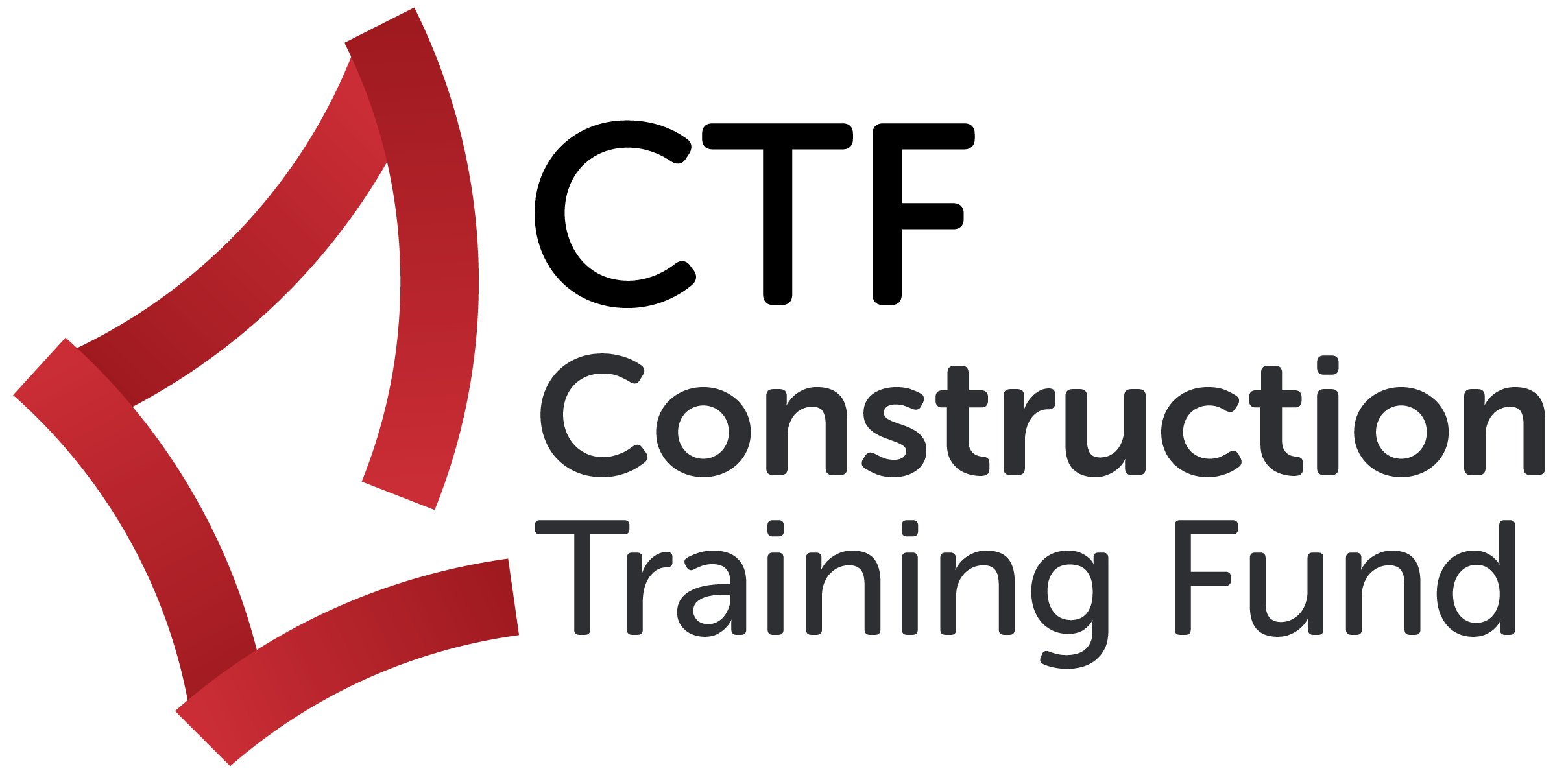
Construction isn’t just about manual trades. Where there are tradies on the ground building amazing projects, there are white-collar workers behind the scenes designing and planning.
White-collar, also referred to as paraprofessional, roles in construction typically refer to office-based positions like architecture and project management. These roles are just as important as bricklayers and concreters when it comes to executing high-quality, functional, and safe building projects.
With a national white-collar skills shortage, the construction industry is calling out for qualified workers to fill a number of construction roles. That means it’s a good time to learn about white-collar jobs and how they might work for you.
White-collar jobs in construction
White-collar or paraprofessional jobs in construction are as varied as onsite trade jobs. From planning and design experts to software extraordinaires, these roles are dynamic, exciting, and in demand.
Understanding white-collar roles and how they help your career lets you make informed decisions about your construction future.
What is a white-collar job?
White-collar jobs are essentially jobs that don’t require manual labour, like administration, office management, or even architecture.
While white-collar jobs might happen in offices rather than on factory floors. They’re a type of work that leans more heavily into analytical skills, problem-solving, and strategic thinking.
Just like blue-collar roles, they help keep our modern world turning. It’s all about having the right tools for the job: whether they be a keyboard and spreadsheet, or a wrench and welding torch.
What construction jobs are based in an office?
The construction industry offers a diverse range of office roles that drive projects from planning to execution. These positions combine the art of construction with the finesse of strategy.
Some key construction office jobs include:
- Architect
- Civil engineer
- Structural engineer
- Town planner
- Project manager
- Work, health and safety advisor
These are primarily office based jobs, with occasional onsite work if needed. Like all construction roles, these white-collar office jobs ensure projects are created, planned, and managed effectively.
White-collar construction jobs are growing in number
The construction industry has long been associated with blue-collar tasks, where hard hats and steel-toed boots reign supreme. However, the landscape is evolving, and white-collar construction roles are in demand.
In recent years, there has been a big uptick in white-collar positions within construction.
Roles like planners, engineers, consultants, and managers are part of a vital transformation shaping construction’s future.
There are a number of factors that have influenced the rise of white-collar construction jobs, such as:
- Tech advancements
Many construction projects require intense planning using Building Information Modeling (BIM) and other digital tools that make design and project management more efficient. That means we need qualified experts like BIM or CAD technicians to best utilise these programs!
- Complex projects
Modern construction projects are growing in size and complexity. They need top-notch planning and execution which usually comes from specialised white-collar roles like project and site managers.
- Sustainability and regulations
This one relates to specific white-collar jobs like sustainability advisors or environmental consultants. As Australia moves toward more eco-friendly building practices, green experts are required to ensure projects are meeting new and evolving sustainability standards.
The surge in white-collar construction jobs just goes to show how adaptable the industry is to new challenges and demands. These positions play a pivotal role in the next phase of innovative construction and design.
What are popular office jobs in the construction industry?
Construction boasts a thriving corporate landscape bustling with white-collar roles that are vital to project success.
So what are some of the sought-after office jobs that keep the construction engine humming?
- Architects
Architects are the visionaries creating the blueprints, turning dreams into real structures. They balance creativity and practicality, designing spaces that combine aesthetics with functionality to shape our world.
- Project managers
Project managers coordinate construction projects. They lead teams, organise schedules, and gather resources. They navigate challenges, keep budgets in check, and ensure that every piece of the project falls seamlessly into place.
- Engineers
There are different types of engineers in construction. Civil engineers design infrastructure like roads, bridges, and utilities. Structural engineers are the ones who make sure buildings and structures are not only aesthetically pleasing but also safe.
- BIM specialists
A BIM specialist is the digital wizard behind the scenes, conjuring up virtual 3D models that bring construction projects to life before a single brick is laid. They harness technology to enhance designs and foresee potential challenges.
These popular office roles reflect the evolution of construction, where innovation, strategy, and precision drive success.

Studies and qualifications
If you’re interested in white-collar construction jobs, you’ll need a mix of education and qualifications for certain roles.
Some jobs only require TAFE-level studies like certificates or diplomas. However, occupations like architecture and engineering usually require university-level degrees.
The reason white-collar jobs require higher qualifications is mostly due to the amount of strategic and technological demands of the roles.
White-collar office roles often encounter complex software programs that help plan and design projects. Proficiency in these programs is essential to the smooth execution of building projects.
Where blue-collar trades tend to focus on one specific task or area of construction, white-collar jobs manage large-scale projects and teams, requiring detailed management and communication skills.
In the white-collar realm, decisions impact project outcomes, safety, and cost-effectiveness. Higher qualifications reflect detailed knowledge and competency.
Some white-collar roles that require degrees or qualifications include:
- Architect
Bachelor of Design (Architecture)
Master of Architecture
- Project manager
Diploma in Building and Construction (Management)
Diploma in Project Management
- Civil engineer
Bachelor of Engineering (Civil)
Master of Engineering (Civil)
Certificate II in Building and Construction
Certificate IV in Building Project Support (Contract Administrator)
White-collar occupation skill shortages in construction
The construction industry is grappling with a significant white-collar skills shortage, where the demand for skilled professionals exceeds the available talent pool. This impacts a lot of popular office roles, and as construction projects become more intricate and technologically-driven, we need more specialised skills in design, project management, and engineering.
Making construction more accessible as a career path will hopefully start to bridge that gap between supply and demand, so we can continue to deliver amazing building projects as the construction industry expands.
What does this mean for you?
The white-collar skills shortage means there are plenty of jobs up for grabs.
For aspiring Australians eyeing a pathway to construction, the shortage is your ticket to a world of opportunity. With the right qualifications and experience, your expertise becomes more valuable than ever.
This shortage translates into higher demand for your skills, leading to increased job opportunities.
By honing your craft, upskilling, and gaining some additional qualifications, you can step into these high-demand positions.
Embrace the chance to fill a crucial void and launch a rewarding career journey in the white-collar realm within the construction industry.
How CTF can help
Here at CTF, we provide funding and support for eligible construction training.
If you’re interested in pursuing white-collar roles, or considering a construction career switch, reach out to one of our Industry Training Advisors to find the best path for you. For students or curious construction enthusiasts, you can also book a visit to our Construction Futures Centre and explore the wide range of white-collar or paraprofessional roles waiting for you.
If you have any questions, don’t hesitate to get in touch with our friendly team. You can also learn more about the different pathways into construction.
Last modified on:

